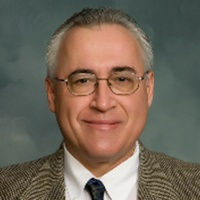Somerset DUI-DWI Lawyer, Indiana
Michael Richard McEntee
✓ VERIFIEDAccident & Injury, Workers' Compensation, Divorce & Family Law, DUI-DWI, Wills & Probate
General Practice and Workers Compensation since 1977
My name is Mike McEntee and I have been practicing law in Fort Wayne for over thirty years. I was born and raised here and my three children all went ... (more)
Michael T. Douglass
Family Law, Child Support, Adoption, DUI-DWI
Status: In Good Standing Licensed: 18 Years
Bart Arnold
Criminal, DUI-DWI, Juvenile Law, Personal Injury
Status: In Good Standing Licensed: 27 Years
FREE CONSULTATION
CONTACTFREE CONSULTATION
CONTACT

